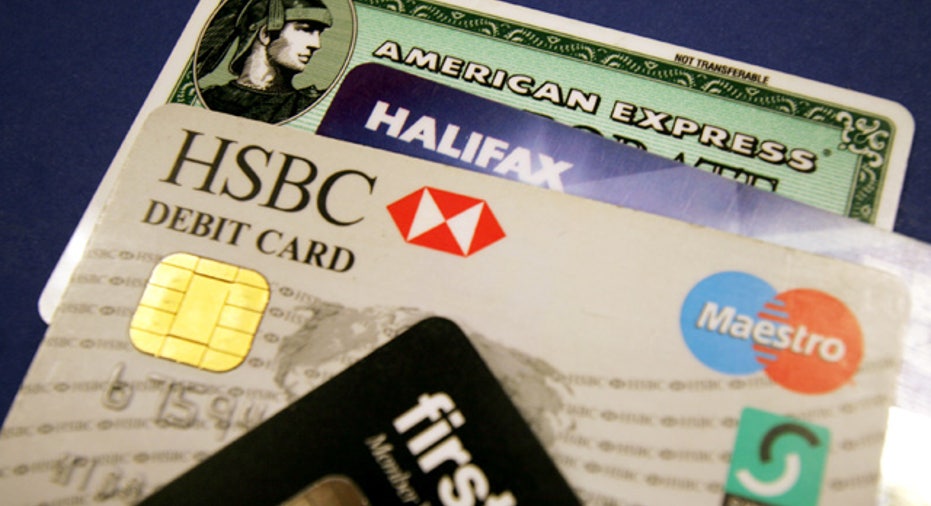6 Steps to Building a Credit History From Scratch

Dear Opening Credits,
Hello, Erica. I'm a new U.S. resident, and I'm looking for the best way to build good credit and get advantages of the system. I own a house in the U.S. and have $150,000 per year as income. The problem is that being new, I have no credit history. What the best move for me? -- Jacques
Dear Jacques,
Welcome to America and our credit reporting and scoring system! I'm sure that looking at it from an outsider's perspective, it must seem rather complicated. No worries. Many who were born and raised here think it's as confusing as you do. But take heart: CreditCards.com has a whole section on credit scoring and reporting in its Credit Card Help section, which is aimed at folks like you who want to become smarter consumers. However, before you dive in to that, here's a first look at what you need to know and what I think you should do:
To know: The borrowing and lending process. The first thing to know is the basics of borrowing and lending. Besides granting auto, home and personal loans, bank and credit unions issue credit cards, which you can use to charge purchases. Pay off what you spend before the due date, and the process won't cost you much. However, if you pay less than the total balance and roll the remainder to the next month, finance charges will be added to what you owe. The higher the interest rate the account has, the more expensive it will be to hang on to the debt.
To do: Get a credit card in your name. Your best bet will be a secured credit card. Since you put money down as collateral, you should be able to qualify even without an established credit history. When you have the card, use it regularly, but don't maintain a balance. Only charge what you can pay off within the grace period.
To know: Credit reports. When you use your credit card, the issuer will send your charging activity to three major credit reporting bureaus: TransUnion, Equifax, and Experian. These companies compile your information -- including other data such as the date you opened the credit card (or received the loan), credit limit, amount you owe, payment history, etc. -- into credit reports. Lenders and other businesses then analyze that information to make objective decisions. (You can learn more about credit reports in CreditCards.com's article, "10 things you must know about credit reports and scores.")
To do: Check your credit reports annually. Consumers are allowed to view their credit reports from each of the bureaus once per year for free through AnnualCreditReport.com. (For more, see Free credit reports: How to get the actual free one.) When you start the borrowing and lending process, monitor those reports for errors, fraud and to ensure that all is as it should be.
To know: FICO scores. Remember what's on those credit reports? Well, all that data is compiled yet again by other companies that plug it into mathematical algorithms and churn out numbers. These are called credit scores, and they help financial institutions accurately assess their risk in lending you money. The most commonly used score is the FICO score, which ranges from a low of 300 to a high of 850.
To do: Bring your credit score up. Higher scores translate into you being offered premium credit cards and loans. A good FICO score starts in the mid-600s, but you'll want it to be as close to the top as possible. To get there, concentrate on the important parts of of the scoring process -- keep your debt at zero or very low, and never, ever miss a payment. Beyond that, use it regularly, keep older accounts open, have a few different types (such as a charge and a credit card, and an installment loan) and apply for credit selectively.
OK, Jacques, I just described the fundamentals of the U.S. credit system. It's only a start, so keep learning. There are plenty more marvelous (rewards!) and fascinating (consumer laws!) details to absorb. When you do, you'll be able to borrow inexpensively and avoid the debt trap -- something many natives are still trying to figure out how to do.
More from CreditCards.com:



















